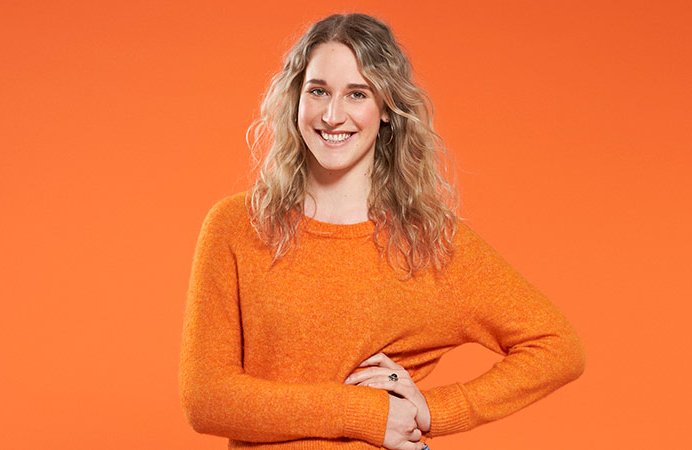Become an exchange student at KEA!
Exchange at KEA
KEA welcomes over 100 semester exchange students each year from partner institutions and sends the same number abroad. These semester exchanges take place with European partners through the Erasmus+ programme, with Nordic partners (for example, Nordplus networks) and with overseas partners. Exchange with these institutions takes place through bilateral agreements.
In addition to semester exchange, KEA also engages in short-term mobility, receiving approximately 80 students each year – for example, to KEA’s Charrette – and sending approximately 160 students – for example, to charrettes and short programmes organised in collaboration with partner institutions.
Our exchange programmes
We welcome exchange students with appropriate educational backgrounds who wish to attend one of our international programmes for one or more semesters. You must be a regular student at one of our international partner institutions.
Below you can see our current exchange programmes
Being an exchange student at KEA
If you're curious about how it is to be an exchange student at KEA, we have gathered some information for you.
Student life at KEA Campus areas Accommodation Living in Copenhagen
How to apply for exchange
If you want to come to KEA for a semester, you can read more about application proces and all the formalities regarding application for exchange at the pages listed below.
Application proces Practical information Financial matters Erasmus+
Contact
If you have questions about exchange at KEA you can contact our international coordinators


Anne advises on the Digital programmes.
Open counselling: Mondays and Thursdays at 12-13

Freja advises students from the Design programmes
Open counselling: Tuesdays at 12-13 (in the Centre for Guidance and Study Support)





